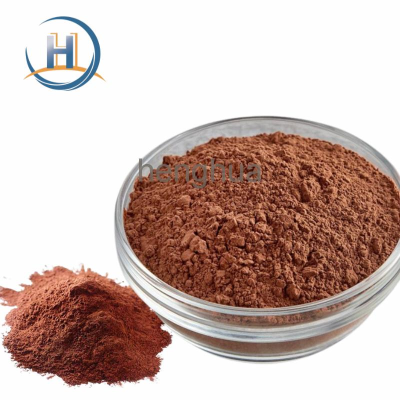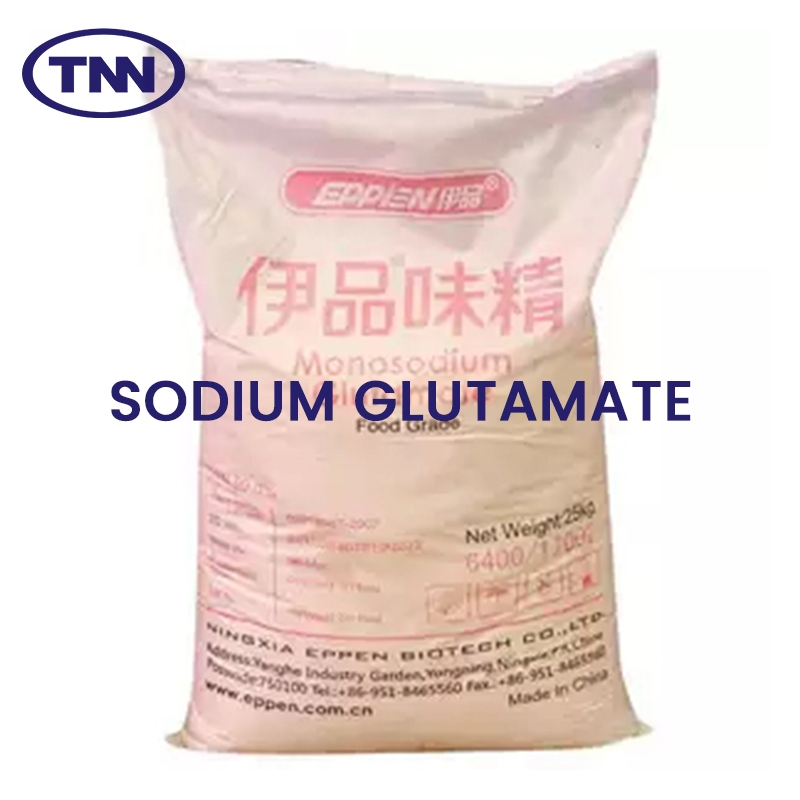-
Categories
-
Pharmaceutical Intermediates
-
Active Pharmaceutical Ingredients
-
Food Additives
- Industrial Coatings
- Agrochemicals
- Dyes and Pigments
- Surfactant
- Flavors and Fragrances
- Chemical Reagents
- Catalyst and Auxiliary
- Natural Products
- Inorganic Chemistry
-
Organic Chemistry
-
Biochemical Engineering
- Analytical Chemistry
-
Cosmetic Ingredient
- Water Treatment Chemical
-
Pharmaceutical Intermediates
Promotion
ECHEMI Mall
Wholesale
Weekly Price
Exhibition
News
-
Trade Service
2020810,(EFSA),( FAF )(polyvinylpyrrolidone)(E1201)(polyvinylpolypyrrolidone)(E1202)(E1201)。
,(E1201)(E1202)。
,。
:The present opinion deals with the re‐evaluation of polyvinylpyrrolidone (E 1201, PVP ) and polyvinylpolypyrrolidone (E 1202, PVPP ) when used as food additives. One request for extension of use of PVP (E 1201) in foods for special medical purposes was also considered in this assessment. The Panel followed the conceptual framework under Commission Regulation (EU ) No 257/2010 and considered that: the exposure assessment was based on the reported use and use levels (one food category out of the two food categories in which PVP and PVPP are authorised); the 95th percentile of exposure to PVP and PVPP of maximally 23.7 and 25 mg/kg body weight (bw) per day in children, respectively, was overestimated, because it was assumed that 100% of the food supplements consumed contained PVP or PVPP at the maximum reported use levels; the extension of use of PVP (E 1201) to foods for special medical purposes (FC 13.2) would result in an exposure of PVP of 4.3 mg/kg bw per day for children; the absorption of PVP and PVPP is very low; sufficient toxicity data were available for PVP ; there is no concern with respect to the genotoxicity of PVP and PVPP ; no carcinogenic effects were reported in carcinogenicity studies in rats at a dose of 2,500 mg PVP /kg bw per day, the highest dose tested; there is no need for chronic toxicity/carcinogenicity data for PVPP for the safety assessment of PVPP given the chemical similarity between PVP and PVPP , and the lack of adverse effects in the available repeated dose toxicity studies. Therefore, the Panel concluded that there is no need for numerical acceptable daily intakes (ADI s) for PVP and PVPP , and that there is no safety concern for the reported uses and use levels of PVP and PVPP as food additives. The Panel further concluded that the proposed extension of use is not expected to be of safety concern at the proposed maximum permitted level (MPL ) and recommended consumption level.,,,!,news@foodmate.net。







